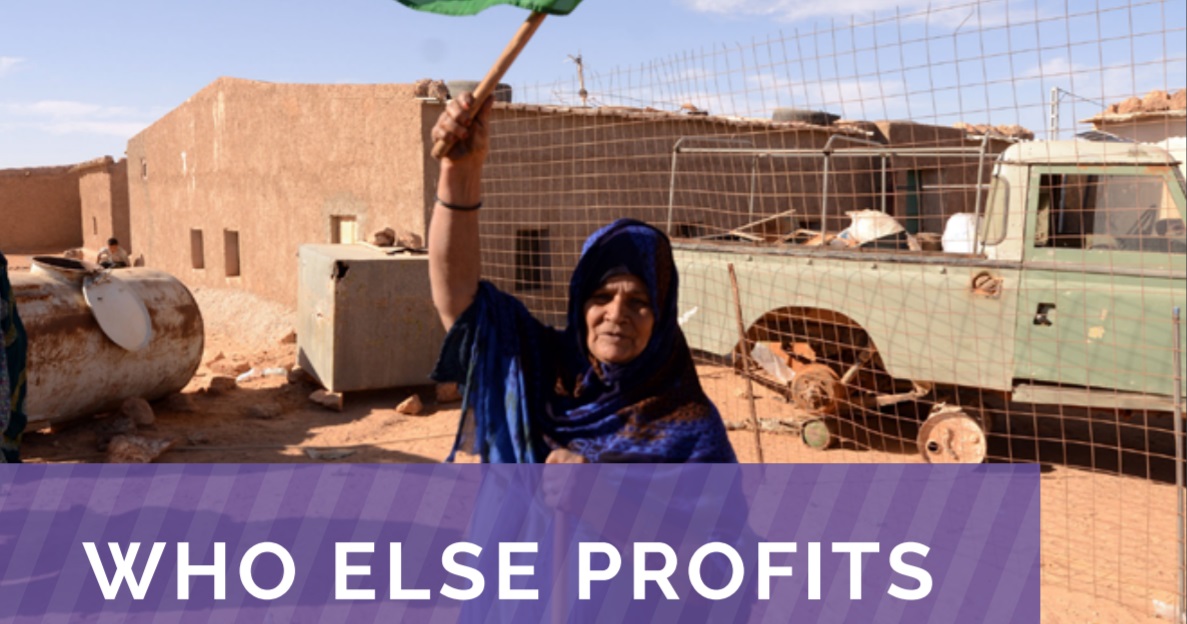This report, the second in a series, is designed to put the HRC’s “database” project in a global perspective. It examines business activity in support of settlement enterprises in occupied territories around the world. This study reveals that such business is ubiquitous and involves some of the world’s largest industrial, financial services, transport, and other major publicly traded companies. Such companies include Coca Cola, Air France, Priceline Group, Ford Motor Company, Airbnb, Zurich Insurance Group, Danske Bank, ENEL, and BNP Paribas SA, to take just a few examples.
As a matter of human rights, the Council’s focus on Israel is difficult to understand. There are
numerous territories around the world currently under belligerent occupation, where the
occupying power has allowed or facilitated the movement of settlers into the occupied territory.
In all these cases, this is done over the vigorous objection of the occupied party and is at odds
with its sovereignty or self-determination.
Among the most salient examples are Morocco’s occupation of Western Sahara and Turkey’s of
northern Cyprus. Both of these have seen massive government-backed settlement enterprises that dwarf anything in the West Bank.
A long line of imposing authorities have held that companies’ doing business in occupied territories does not raise human rights issues. This was the conclusion of the UN’s own legal advisor in a 2002 memo on Western Sahara, and of other recent rulings. Moreover, the Fourth Geneva Convention clearly authorizes the occupying power to do business in the territory it controls and gives the occupied people no veto over this.
Yet the UNHRC’s pending database is premised on the notion that such companies must
somehow be shamed or sanctioned. This database project fundamentally discredits the United
Nations Human Rights Council by demonstrating that it does not treat people equally by virtue
of their common humanity.
If businesses involved in settlement enterprises are a human rights problem, certainly companies working in Israeli-controlled areas should not be immune from scrutiny. If it is a human rights problem, however, the Council has no basis to ignore the problem wherever it appears in the world—except Israel.



